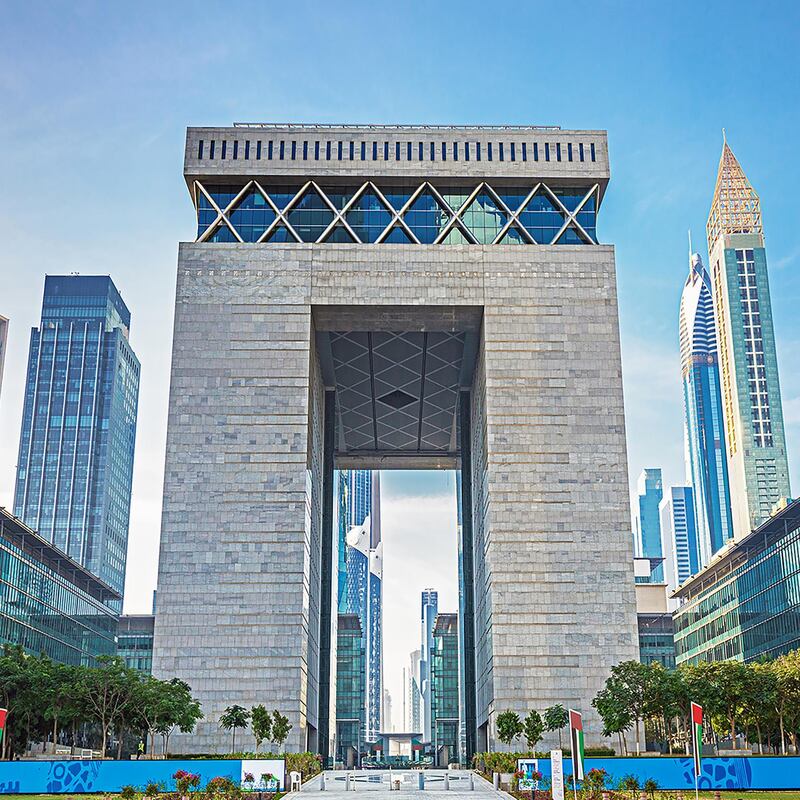Ripple, a company that uses blockchain to speed up digital payments, is opening a new regional headquarters at the Dubai International Financial Centre.
The US-based company said it chose the centre as its Middle East and North Africa base for its innovative regulations and reputation as a leading financial centre.
“Ripple is one of the most exciting client additions to DIFC this year. They are well-regarded globally for innovation in the finance industry and therefore is a perfect partner and client for DIFC,” said DIFC Authority chief executive Arif Amiri.
“Together, we will advance the use of blockchain in Dubai, UAE and the region, and accelerate the Emirates Blockchain Strategy 2021.”
Ripple is a FinTech company in San Francisco that created the world's third-most actively traded cryptocurrency, which originally shared the same name but has now been rebranded as XRP.
Ripple still holds billions of dollars of XRP tokens, which have appreciated in value by 38 per cent since the start of the year to $0.26412 on Saturday, according to the Bitstamp exchange, giving the cryptocurrency a market capitalisation of just over $12 billion.
The company, however, has increasingly focused on working with governments, banks and other organisations to try to replace some of the older systems that exist between networks of correspondent banks for cross-border payments with a simpler system based on blockchain.
In the Middle East, it has signed deals with the Saudi Arabian Monetary Authority, Saudi Arabia's central bank, allowing banks to use its technology, with UAE-based lender RAKBank and with currency exchange company UAE Exchange.
The Central Bank of the UAE unveiled new rules governing stored value facilities in an effort to boost the country's digital payment services last week.
The UAE's banking regulator said that through the new regulations, it aims to facilitate easier market access to FinTech companies and other non-bank payment providers while ensuring that customers' funds are safe.








